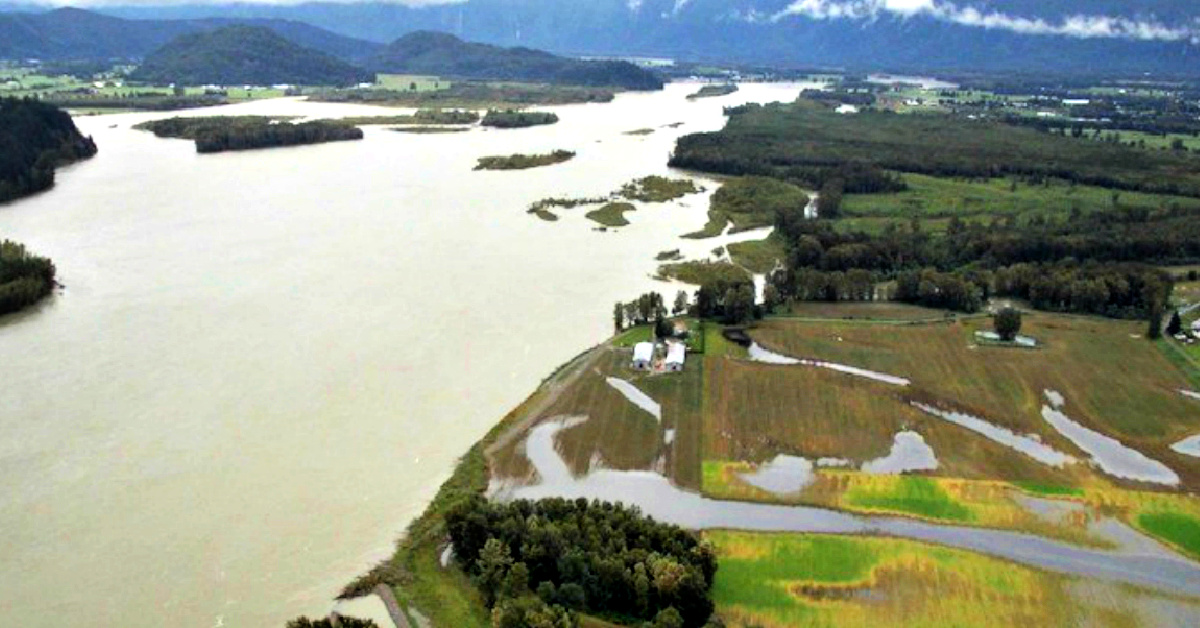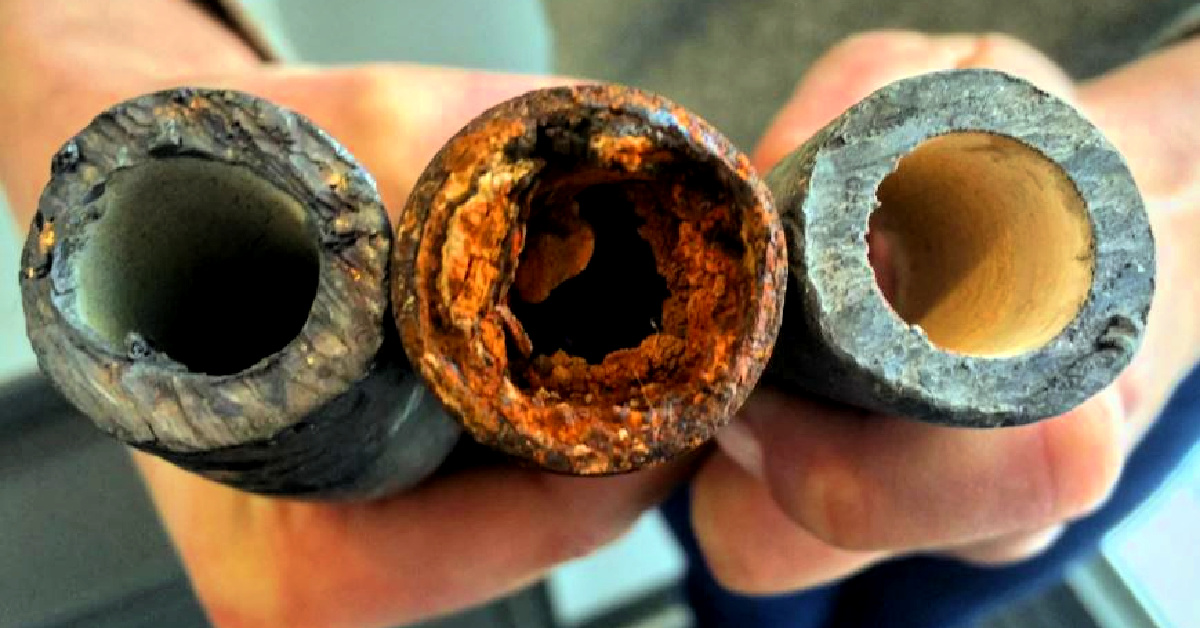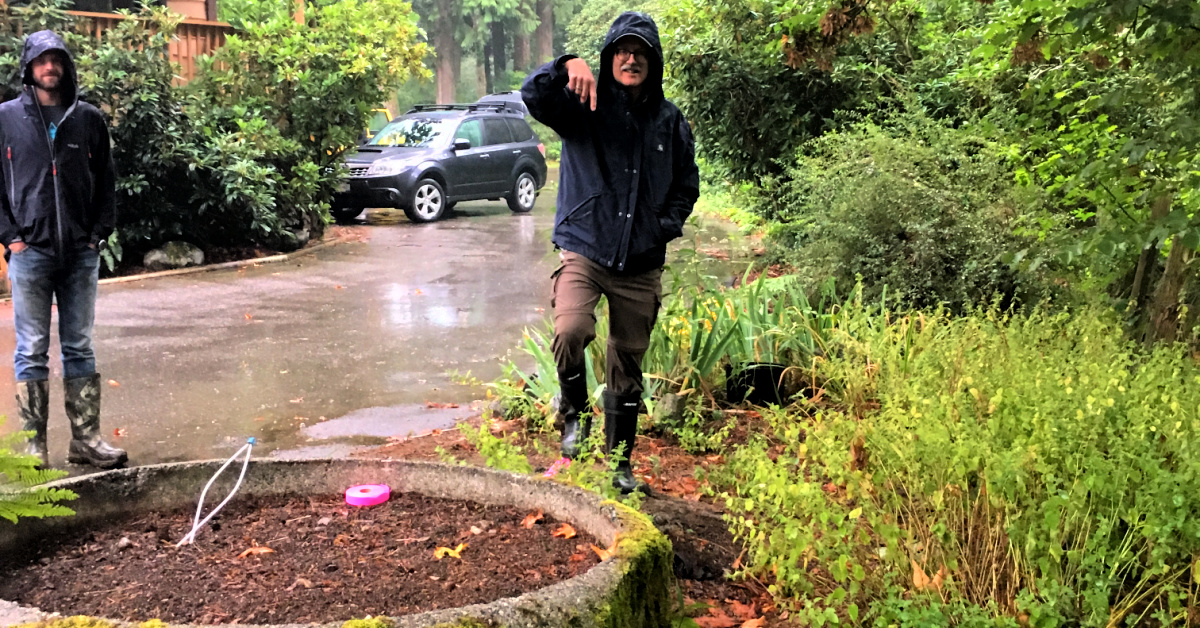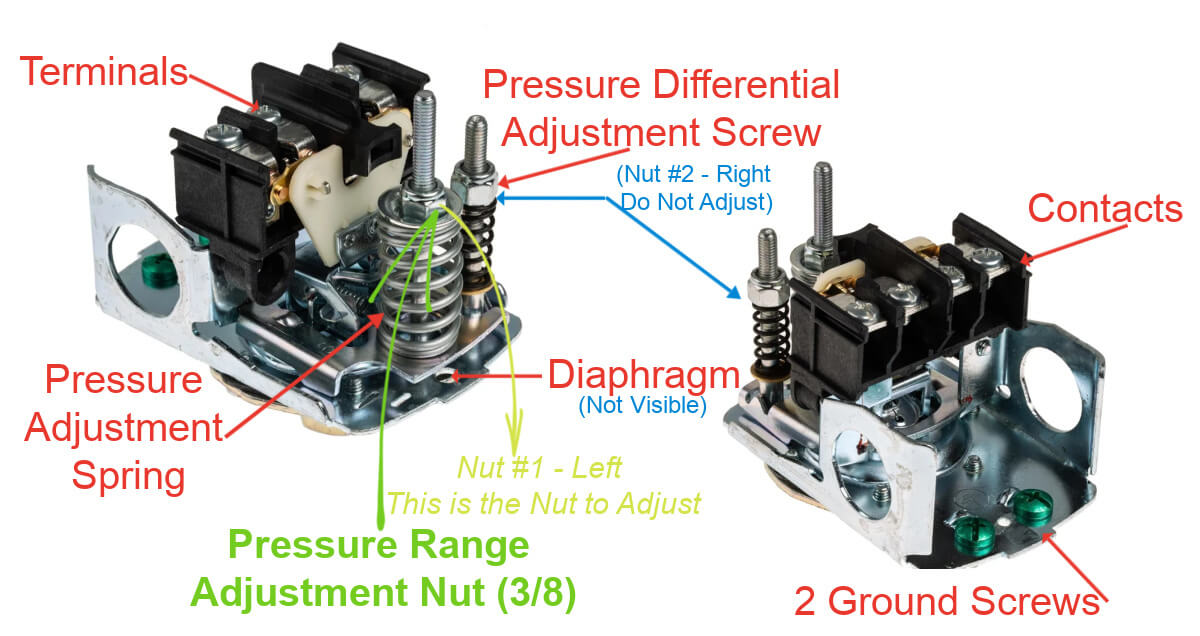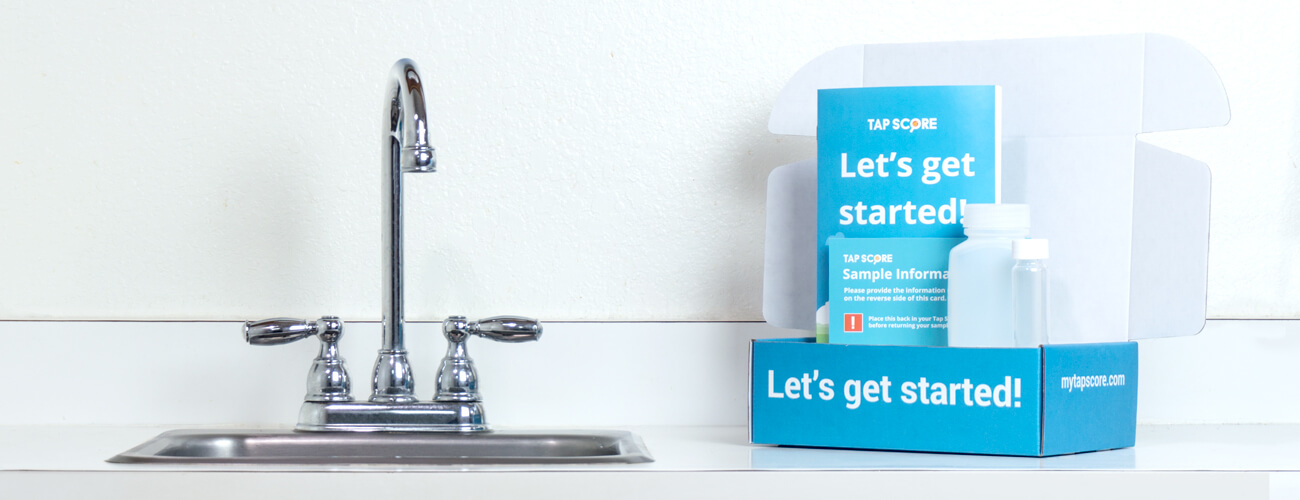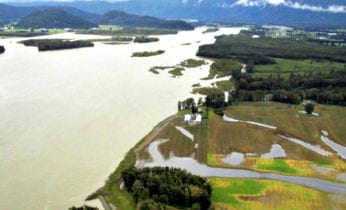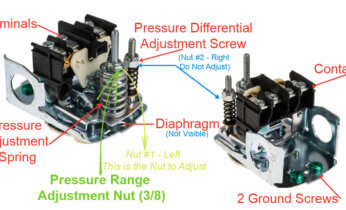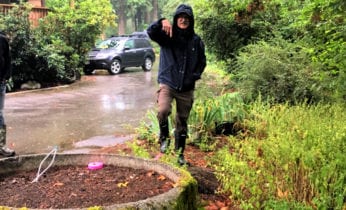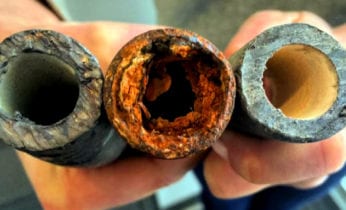What to do with a flooded water well in the Fraser Valley...
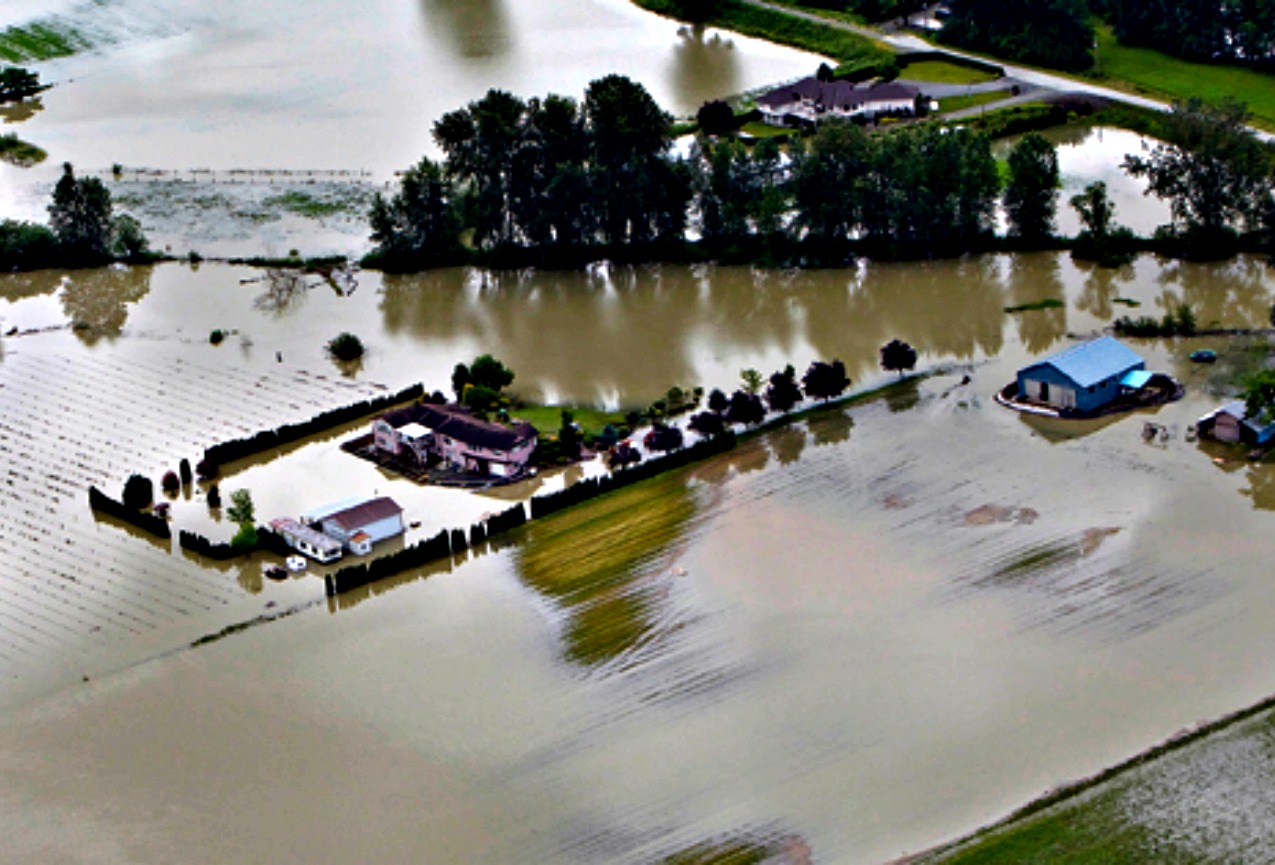
How to Restore a Flooded Water Well Back to Health in the Fraser Valley
Flooded water wells in the Fraser Valley will be of concern for property owners with a private water well that may be vulnerable to seasonal flooding. Floods are the #1 natural disaster. Water wells are an essential resource for millions of private properties through-out North America.
A water well may easily become contaminated during a natural disaster and re-establishing safe water after a flood is very important.
Flooded water wells may contain flood water with bacteria and viruses absorbed from soil, organic debris, and sewage systems in addition to possible fertilizers, pesticides, and other chemical contaminants.
Often a residential water well that has been flooded can be cleaned-up and restored quickly. Most aquifers are generally a safe water source because they are naturally protected from the effects of flooding.
Even though an aquifer may be safe, if a water well is flooded, do not use it should not be used for drinking or food preparation until the water has been tested and if necessary treated to destroy any possible disease-causing pathogens.
Testing of flooded water wells should be ongoing over several weeks because some negative effects of flooding may not immediately apparent. Here are some of the potential water well issues that may take time to resolve after the flooding of a well.
How Can Water Quality be Affected After Flooding?
High flood waters can result in contaminated surface water entering a water well, the sources of contamination could include waste discharge to the ground, such as privy vaults (also known as an outhouse or pit toilet), cesspool (“overflow” pits), underground storage tanks, septic tanks an effluent field, stable or pig sty, manure heap, fertilizers and pesticides, runoff from urban areas, broken fuel lines, landfill sites and many other possibilities.
Even if a well head was not submerged, excessive aquifer recharge might raise water levels in aquifers dangerously high putting groundwater in contact with contaminants in the soil.
If flood waters have come in contact with your water well or your well pit, it’s possible for the water to seep down around the well casing and gain entry to a water well – the drinking water from your residential water well can quickly become contaminated, this is considered a flooded water well (Remember the Walkerton water tragedy that occurred in 2000?)
Water well flooding can occur when rising water tables reach the level of septic fields in septic systems. This is another reason it’s recommended that all water wells be tested during the wet weather season whether a well head has been flooded are not
If you live in a coastal area and flooded water wells may also be the result of a tidal surge, there could be a temporary increase is sodium and chloride levels. Some of the wells on Vancouver Island and the Gulf Islands of British Columbia may be referred to as tidal wells.
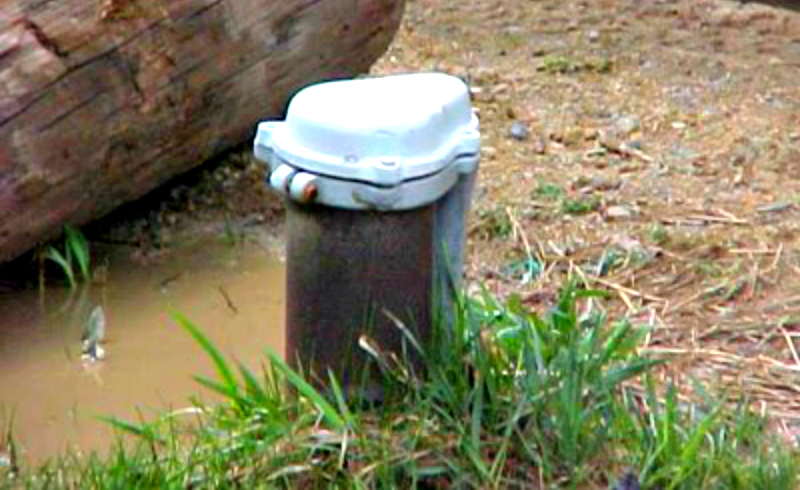
Flooded Water Wells & Well Pumps
If a well has a properly fitted cap and screened vent it has probably not been affected by debris and may have just taken in a small amount of sediment and contaminated water.
However, if there is an above-ground jet pump that has been flooded, it should be disconnected, dried, cleaned and checked before restarting, it’s always recommended that a Fraser Valley well pump professional is brought in to assess possible damaged water well equipment.
Power outages are commonly associated with flooding or other natural disasters. If you have a back-up generator, there are some safety rules to follow before connecting your pump to a generator.
If you need information about your Fraser Valley water well please visit British Columbia Groundwater Wells and Aquifers.
Flooded Water Wells in the Fraser Valley – After Flooding
After assessing all the equipment for possible damage and operating issues, it’ll be time to restart the well pump, the water well should be disinfected, recirculated, and purged. Depending on the situation. you may want to test the well water quality prior to determine whether the well has been affected by flooding.
If there is any concern that their is well pump damage or other equipment issues please call a Fraser Valley Well Pump specialist before proceeding.
Purging & Disinfection of Flooded Water Wells
First, flooded wells should be pumped down to remove water that may have entered during flooding. This will allow the chlorine disinfection process to work more efficiently.
It’s best to purge a water well by connecting a garden hose to the pressure tank or another outside hose-bib, there are many variables when pumping a well, it may take less than an hour to much longer. It will depend on the well depth, yield of the well, and capacity of the well pump.
It will be important to safely pump the well until the water runs clear, remember it’s very important to not over-pump the well. Water samples should be taken at the beginning and end of the well pumping process to be tested for bacteria. If you suspect oil or gas may have entered your well, contact a local well water professional to service the well professionally.
Testing Flooded Water Wells
While homeowners can disinfect a water well for bacterial contamination, the most common problem for flooded wells, a complete drinking water test should be done to ensure that your water quality has returned to normal.
Home bacteria test kits are available at most hardware stores and can give a result in about 24 hours. Most water experts agree that well water should be tested by a certified water testing laboratory and cleared before consuming any water. Home testing kits should not be completely relied on.
As an additional precaution, iodine tablets are approved for drinking water disinfection should also be used for a few weeks after the flood to ensure further that your water is safe after purging and disinfection if there is not a reliable method of disinfection in place.
It may be best to not consume the water until it’s once again deemed safe, bottled water may be the best short term alternative if it available, boiling is another option.
Disinfecting a Flooded Water Well
Disinfection is recommended for any well that may have been impacted by flooding. Well disinfection is used to inactivate or control bacteria populations in a well and the distribution system.
There are several methods used to disinfect water wells including simple chlorination, shock chlorination or bulk displacement and a procedure for wells that are difficult to disinfect.
Water Well Safety Precautions
Chlorine is very volatile, many products containing chlorine can be dangerous if not handled properly within confined areas where vapors can accumulate such as well houses, pits, and crawl spaces.
Caution should be used when working in these situations, it’s highly recommended that water well disinfection be conducted by a professional water well expert when possible, when disinfecting a water wells there are many variables… it’s seldom an exact process.
Water well flooding can be very serious. It can severely impact the quality and safety of a water supply. By quickly taking the appropriate steps, you can mitigate the risks and often return a water well back to good health soon after flooding or other natural disasters.
If a water well has been impacted by flooding, take the necessary steps… it’s best to contact a water well professional to ensure that testing and the disinfection of the well is handled safely. You may also consider a call to your local Environmental Health office in the Fraser Valley for additional advice.
A water well is a fundamental asset, be sure to protect it if there appears to be the potential of flooding. When possible, a water well should never be constructed in an area that has the potential to flood, it’s best to locate water wells on higher-ground.
To learn more about water well in British Columbia visit BC Water Well Drilling FAQ
